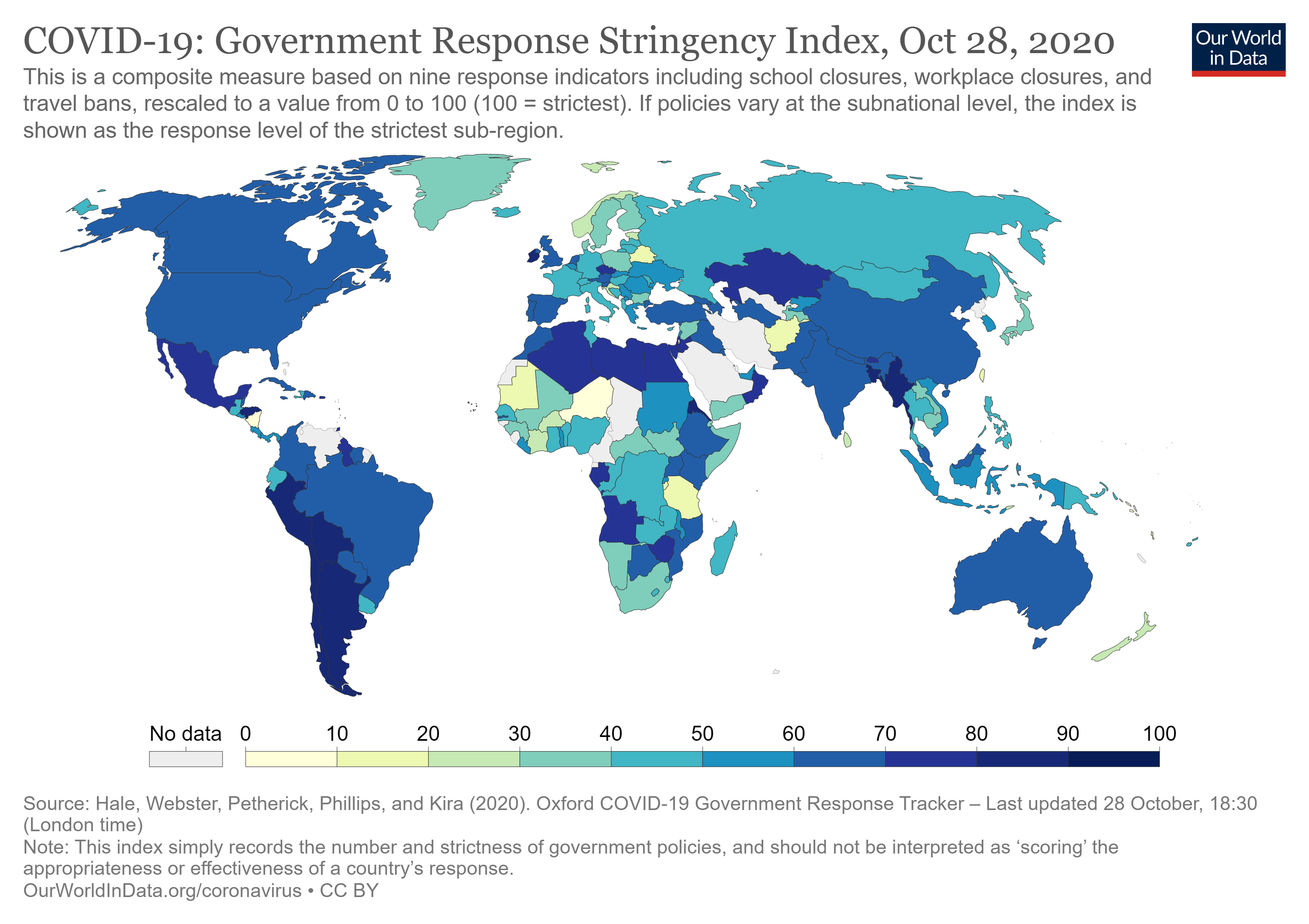France
NATO Refocused, Europe Reinforced
Aug 10, 2022By Jessika Nebrat, Max Kampelman Fellow Following the escalation of Russia’s war against Ukraine, the North Atlantic Treaty Organization (NATO) is playing a role it has not filled in years. Forced to […]

European Energy Security Post-Russia
Jun 07, 2022Russia is weaponizing energy to prolong its unlawful invasion of Ukraine. Unfortunately, the sanctions that Europe and the United States have put in place have not been enough to curb […]
European Energy Security Focus of Upcoming Helsinki ...
Jun 02, 2022WASHINGTON—The Commission on Security and Cooperation in Europe, also known as the Helsinki Commission, today announced the following hearing: EUROPEAN ENERGY SECURITY POST-RUSSIA Tuesday, June 7, 2022 2:30 p.m. Watch […]
Helsinki Commission Digital Digest April 2022
Apr 29, 2022Co-Chairman Cohen Welcomes Conclusion of First Round...
Apr 12, 2022WASHINGTON—Following the first round of presidential elections in France on April 10, Helsinki Commission Co-Chairman Rep. Steve Cohen (TN-09) issued the following statement: “As co-chairman of the bipartisan U.S. Helsinki […]
Tribute to Erika Schlager
Jun 21, 2021I want to acknowledge one individual who recently announced that she is retiring, Erika Schlager, after 34 years of service to the Commission and to the global community. Erika received […]
Sweden’s Leadership of the OSCE
Jun 11, 2021In 2021, Sweden chairs the world’s largest regional security organization—the Organization for Security and Cooperation in Europe (OSCE)—which comprises 57 participating States stretching from North America, across Europe, and to […]
Swedish Foreign Minister Ann Linde to Appear at Hels...
Jun 03, 2021WASHINGTON—The Commission on Security and Cooperation in Europe, also known as the Helsinki Commission, today announced the following online hearing: SWEDEN’S LEADERSHIP OF THE OSCE Priorities for 2021 Friday, June […]

Helsinki Commission Commemorates 45 Years of Advanci...
Jun 03, 2021WASHINGTON—To commemorate the 45th anniversary of the Commission on Security and Cooperation in Europe, also known as the U.S. Helsinki Commission, on June 3, Chairman Sen. Ben Cardin (MD) and […]
Helsinki Commission Leaders Commemorate Internationa...
Apr 08, 2021WASHINGTON—Ahead of International Roma Day on April 8, Helsinki Commission Chairman Sen. Ben Cardin (MD), commission leaders the late Rep. Alcee L. Hastings (FL-20) and Sen. Roger Wicker (MS), and […]

Coronavirus in the OSCE Region
Oct 30, 2020By Emma Derr, Max Kampelman Fellow A novel coronavirus was first identified in Wuhan, China in December 2019. Termed COVID-19, the disease spread rapidly around the globe. As of October […]
OSCE representatives, community leaders share urgent...
Oct 12, 2020On October 6, 2020, the OSCE Office of the High Commissioner on National Minorities, in cooperation with the Helsinki Commission, convened “Policing in Diverse Societies: Principles and Good Practices.” The webinar, which […]
